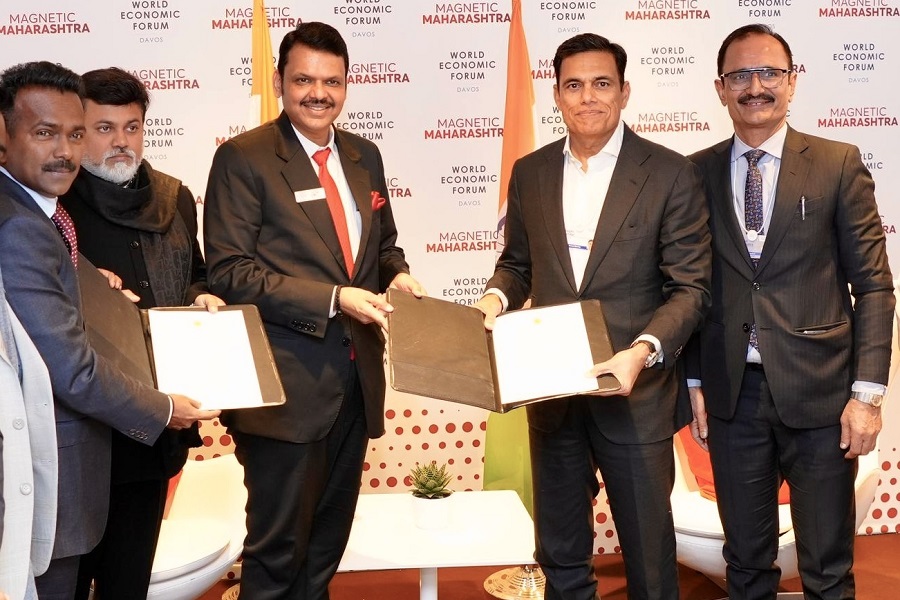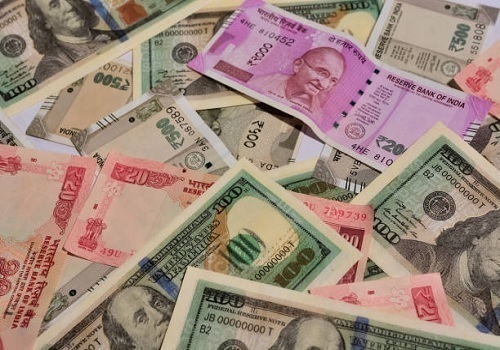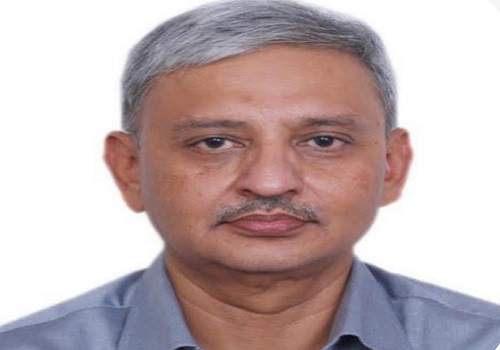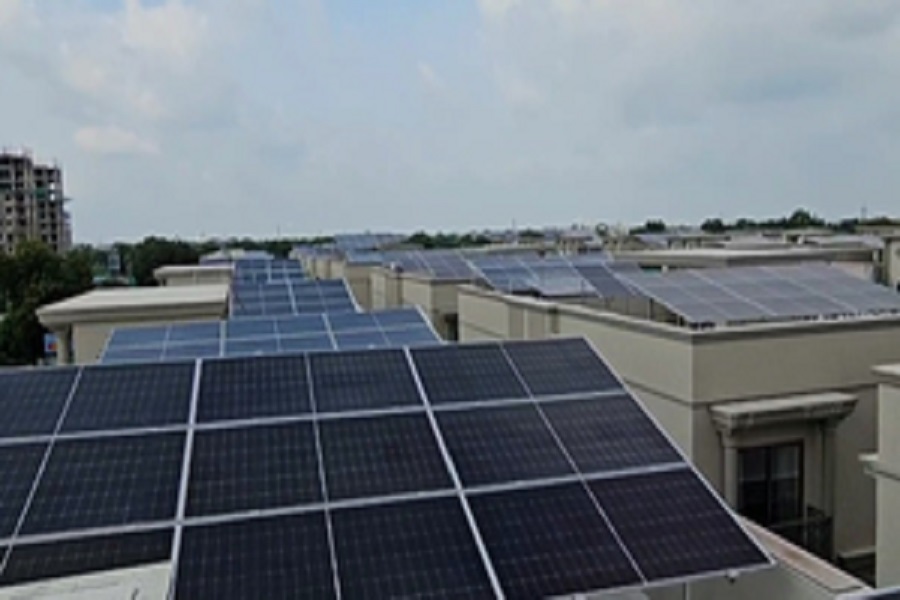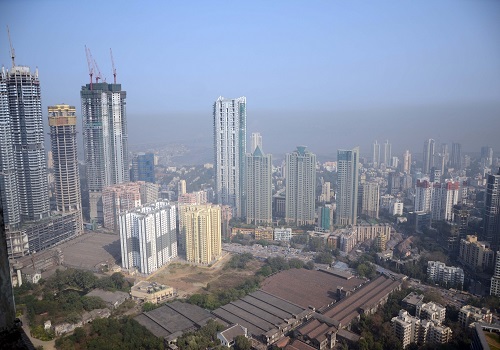Lithium-ion battery demand in India to grow to 127 gigawatt hour by FY30
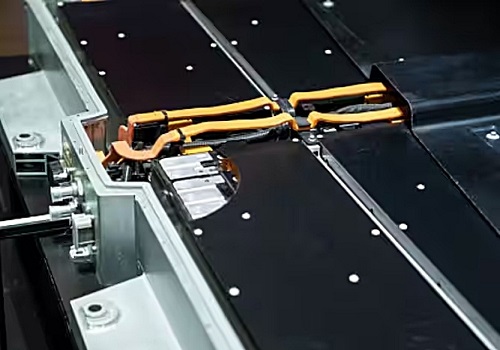
The lithium-ion battery demand in India is set to grow exponentially to 54 gigawatt hour (GWh) by FY27 and 127 GWh by FY30, as the country sets an ambitious target to meet 50 per cent of its primary energy requirement from renewable energy by 2030.
Currently, domestic lithium-ion battery storage demand of 15 GWh is being almost entirely met through imports of lithium-ion cells and batteries.
India imports almost its entire requirement of Li-ion batteries. However, CareEdge Ratings expects India’s import dependency to decline to 20 per cent by FY27, despite significant growth in demand due to large-scale integrated capacities being built for Li-ion battery storage.
The substantial growth in demand is primarily driven by expected increase in EV penetration and decarbonisation of electricity grids, supported by ambitious government targets and policies/incentives from both central as well as state governments, the report mentioned.
The government has taken initiatives on several demand-side measures, such as Faster Adoption and Manufacturing of Electric Vehicles (FAME) scheme, Viability Gap Funding (VGF) scheme for Battery Energy Storage System (BESS), helping to bring down cost of EV and BESS, thereby stimulating demand.
The Centre has set the target of achieving 30 per cent EV penetration by 2030 (as a per cent of annual sales).
India has already allocated 40 GWh of integrated battery capacities under the PLI scheme, with the remaining 10 GWh expected to be awarded shortly.
Additionally, existing conventional battery manufacturers and few other companies in India are expected to set up battery capacities outside of the PLI scheme.
Hardik Shah, Director at CareEdge Ratings, said that the demand for lithium-ion battery storage in India is expected to grow significantly driven predominantly by migration towards EVs and renewable energy storage requirements.
Consequently, India’s dependence on imports is expected to decline sharply to 20 per cent by FY27 from near-full dependence presently, due to giga-size integrated battery capacities coming onstream in India.
“Furthermore, the relative cost-competitiveness of Indian manufacturers, in the context of capacity addition and pricing policy of large global integrated players especially Chinese manufacturers, will be a key factor to monitor,” he added.







